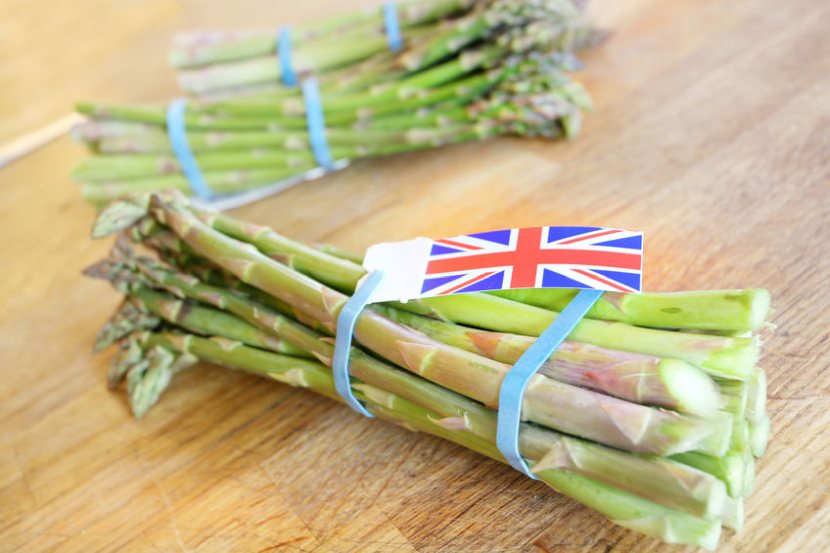
The government has launched proposals to make food labelling 'clearer and fairer' in a move to ensure British farmers get more recognition.
Plans to give shoppers more information about how and where their food is produced has been unveiled today (12 March) by Defra.
Proposals aim to ensure greater transparency around the origin of food and methods of production, with Defra saying this would help consumers make decisions that "align with their values".
The consultation looks at how to improve country of origin labelling for certain goods, including how and where this information is displayed and what products should be included.
For example, if imported pork is cured into bacon in the UK and features a Union Jack, the proposals seek to make it more obvious to consumers that the pig was reared abroad.
Increasing the size of the country of origin text, or placing it on the front of the packet, are two ways which could be undertaken.
Proposals also set out a requirement for a ‘method of production’ labelling on pork, chicken and eggs, including a mandatory five-tier label for both domestic and imported products.
These would differentiate between those that fall below, meet and exceed baseline UK animal welfare regulations, which are some of the highest in the world.
Defra Secretary Steve Barclay said: "British consumers want to buy their produce, but too often products made to lower standards abroad aren’t clearly labelled to tell them apart.
“That is why I want to make labelling showing where and how food is produced fairer and easier to understand – empowering consumers to make informed choices and rewarding our British farmers.”
It comes as major supermarket chains have announced new 'buy British' sections on their websites in a bid to better signpost locally produced food.
The NFU recently released a survey showing that most people (81%) agreed that British farms should grow as much food as they can to boost food security.
Fidelity Weston, chair of the Consortium of Labelling for the Environment, Animal Welfare and Regenerative Farming (CLEAR), said she was glad to see progress on clearer food labels.
“We in the UK have some of the highest farming standards, producing quality food products. That needs to be recognised in the marketplace," she said.
"To achieve this, we need a clear definition of the many terms used to describe the method of production, and transparency and honest data about how the food was produced on the farm, and right through to the end product."
The consultation also seeks views on whether it should be mandatory requirement to state the origin of meat, seafood and dairy products on menus in cafes and restaurants.
The consultation will run for eight weeks, closing on 7 May 2024.
